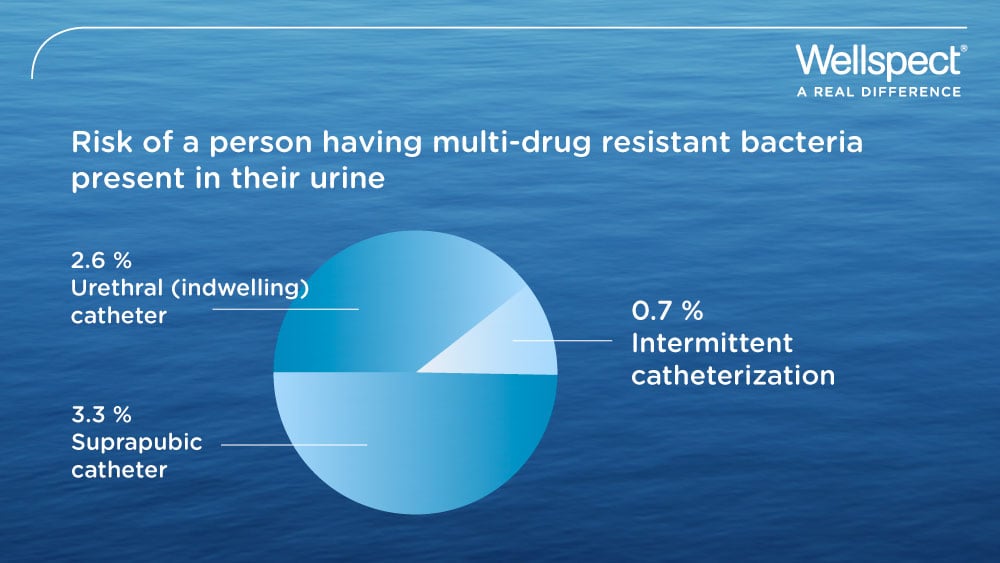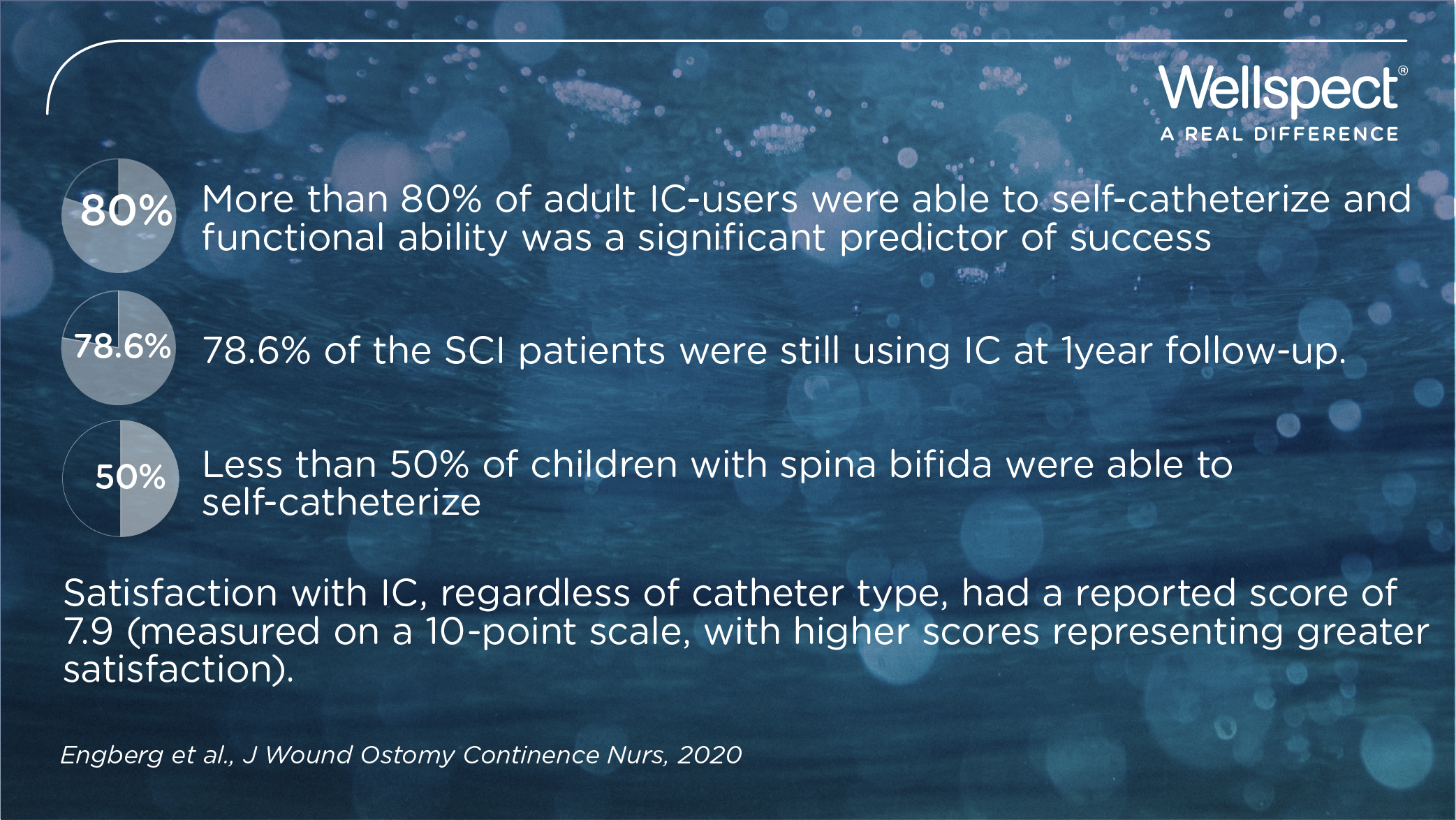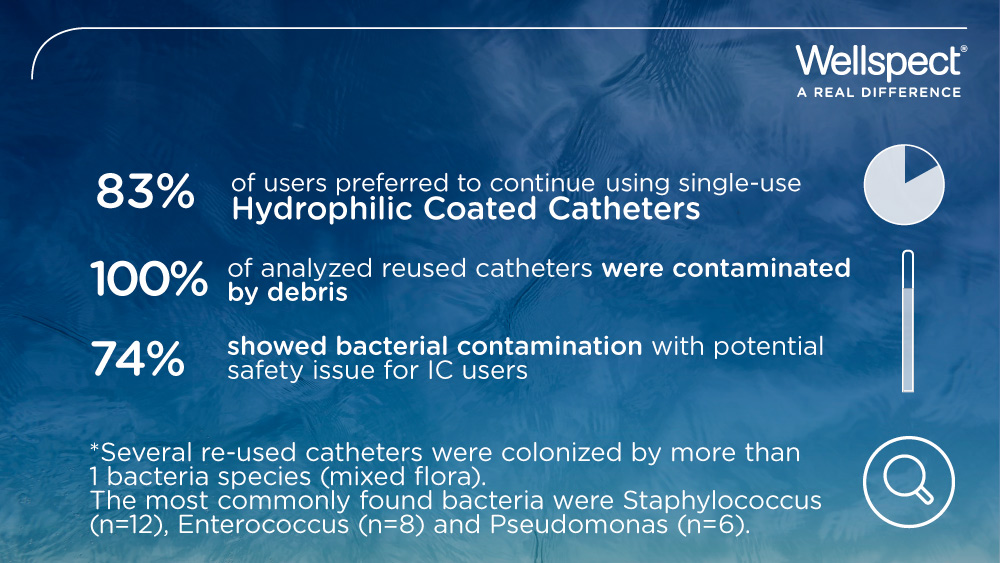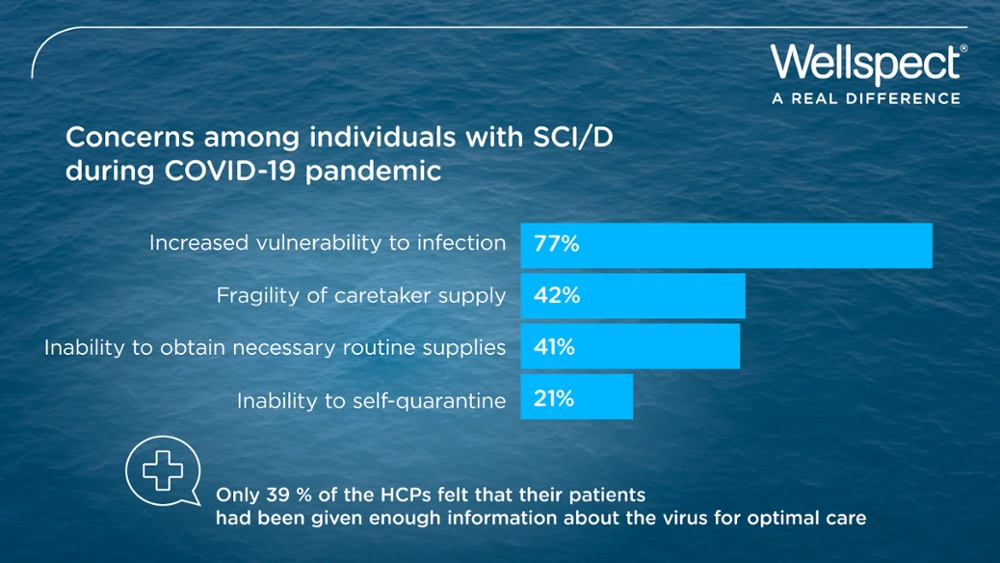Patients with acute urinary retention are commonly given an indwelling catheter, thereby increasing risk of infection when compared to intermittent catheterization. A hospital in UK changed its practice and now uses self-catheterization as first-line management for patients presenting with acute urinary retention at the emergency department.
Read MoreTopics: Urinary Tract Infection (UTI), Catheter-associated UTI (CAUTI), Bladder dysfunction, Intermittent Catheterization
Almost two thirds (66%) of nurses in a US survey did not base their practice on clinical guidelines.
Intermittent catheterization (IC) is frequently used to manage lower urinary tract dysfunctions, but research shows that care for patients using IC may not always be based on evidence. The purpose of this review was to summarize evidence related to adherence to IC, complication rates, satisfaction with IC, and its effect on health-related quality of life.
Read MoreTopics: Neurogenic bladder, Spina Bifida, Intermittent Catheterization
Newly published data shows that multiple-reuse catheters pose a potential safety concern for people practicing intermittent catheterization
Topics: Catheter-associated UTI (CAUTI), Intermittent Catheterization
Antibiotics are one of our most powerful tools for fighting life-threatening infections and their discovery has transformed human and animal health. However, antibiotic resistance (the ability of germs to defeat the drugs designed to kill them) is one of the greatest global public health challenges of our time.
Read MoreTopics: Urinary Tract Infection (UTI), Science Article
This is the first publication that assess the number one concern individuals with spinal cord injury or disorder (SCI/D) may have related to the COVID-19 pandemic. The data spans over six continents and describes the vulnerable situation for these individuals in the pandemic crisis.
Read MoreTopics: Spinal Cord Injury (SCI), @Coronavirus








